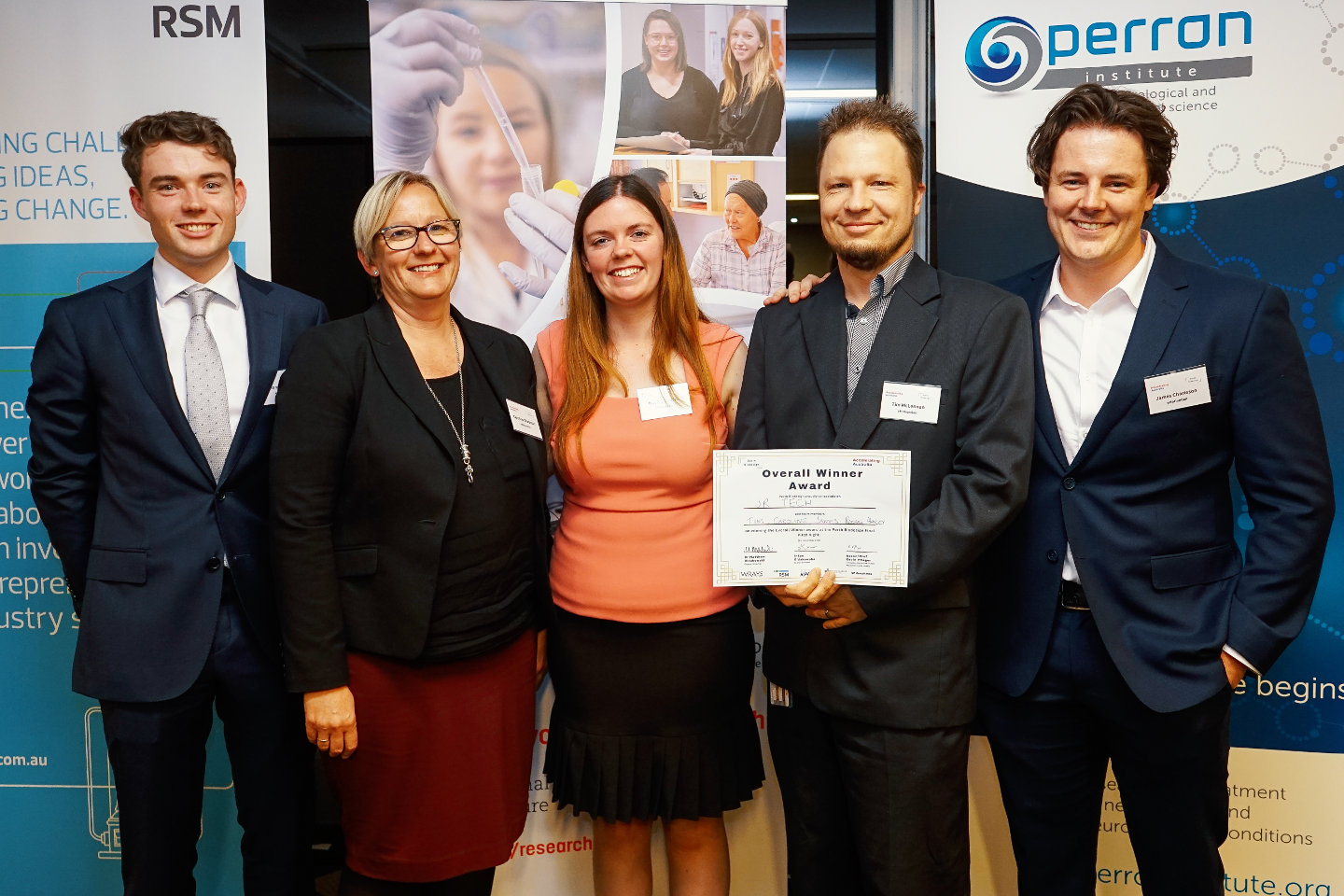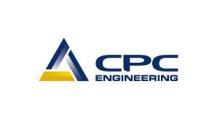Medical device startup JR-TeCH has won first prize at last night's 2018 Perth Biodesign Pitch Night, producing a wearable technology for above-knee amputees.


Medical device startup JR-TeCH has won first prize at the 2018 Perth Biodesign Pitch Night, held last night by Accelerating Australia.
The startup has produced eMotionGait, a wearable technology for above-knee amputees.
JR TeCH was among the 25 teams involved in Accelerating Australia's six-month Biodesign course, during which it identified the need to simplify the challenging prosthetic prescription process.
Wearers often find it difficult to determine whether their prosthesis is the cause of discomfort and instability, leading to 11 to 22 per cent of patients abandoning their prosthesis altogether.
The eMotionGait can be attached to an interim prosthesis, enabling 24-7 functional data collection to inform the prescription of the most effective permanent prosthesis.
The device will also help to provide data on an ongoing basis, confirming if the patient is having balance or comfort issues.
The JR TeCH team, who met for the first time through the course, is made up of: Edith Cowan University research development adviser Caroline Chapman; Curtin University laboratory manager in the brain growth and disease lab, Hayley Cullen; University of Western Australia master of biotechnology graduate Ronan O’Neill; University of Notre Dame final year medical student James Charleson; and Fiona Stanley Hospital rehab engineer Tim McLennan.
JR TeCH was awarded a prize pool worth $15,000 including in-kind services from Wrays, RSM, KPMG, Progressive Medical, Namsource and Celine Royet from UP Compliance.
One team member will also be flown to Adelaide to present at the Accelerating Australia national symposium in November.
JR TeCH was one of five teams to present at last night’s pitch event.
Accelerating Australia executive officer Maud Eijkenboom said that JR TeCH was a deserving recipient of the top prize
“We are so proud of what all of the teams have achieved over the last five months,” Dr Eijkenboom said.
“Every pitch last night was of such high calibre.
“Many congratulations to the winner, this is a fast-paced and rigorous competition but JR TeCh wowed the judges with their integration of technical ingenuity and sound business strategy.
“Last night was proof of what can happen when an ecosystem comes together.”
The five teams presented new solutions for a range of medical issues, which also included burns first-aid, rehabilitation compliance and measuring bone depth in wrist fracture surgeries.
Winner of the audience prize, Urfree, presented an alternative urinary catheter designed to increase comfort and decrease infections, particularly for patients with chronic urinary incontinence.
This was delivered by the youngest participant of the course, 19-year-old finance and medical science student Sara Sukudom.
Urfree will receive in-kind services worth $10,000 from Wrays, Ernst & Young, KPMG, Anthea Downs from CBS Therapeutics and an exploration session and project outline provided by the Inventors Hub.
The Perth Biodesign course is a six-month course for aspiring biomedical innovators and entrepreneurs aimed to improve healthcare in Australia and around the world.
Multidisciplinary teams identify unmet clinical needs and work towards providing a solution, while learning about the medical device development process of prototyping, writing patents, developing regulatory, IP, reimbursement, business and funding strategies.
This year, Accelerating Australia received more than 140 applications for 25 positions.
In 2017, the course resulted in the establishment of six medical device startups.

















